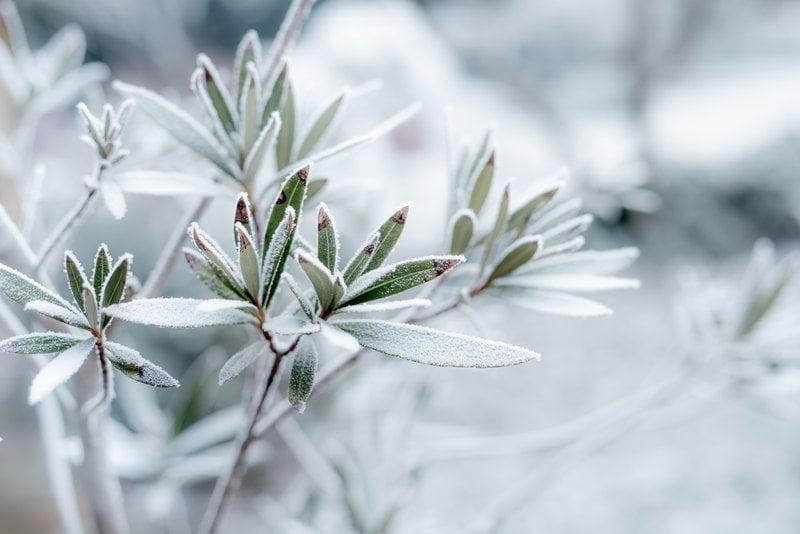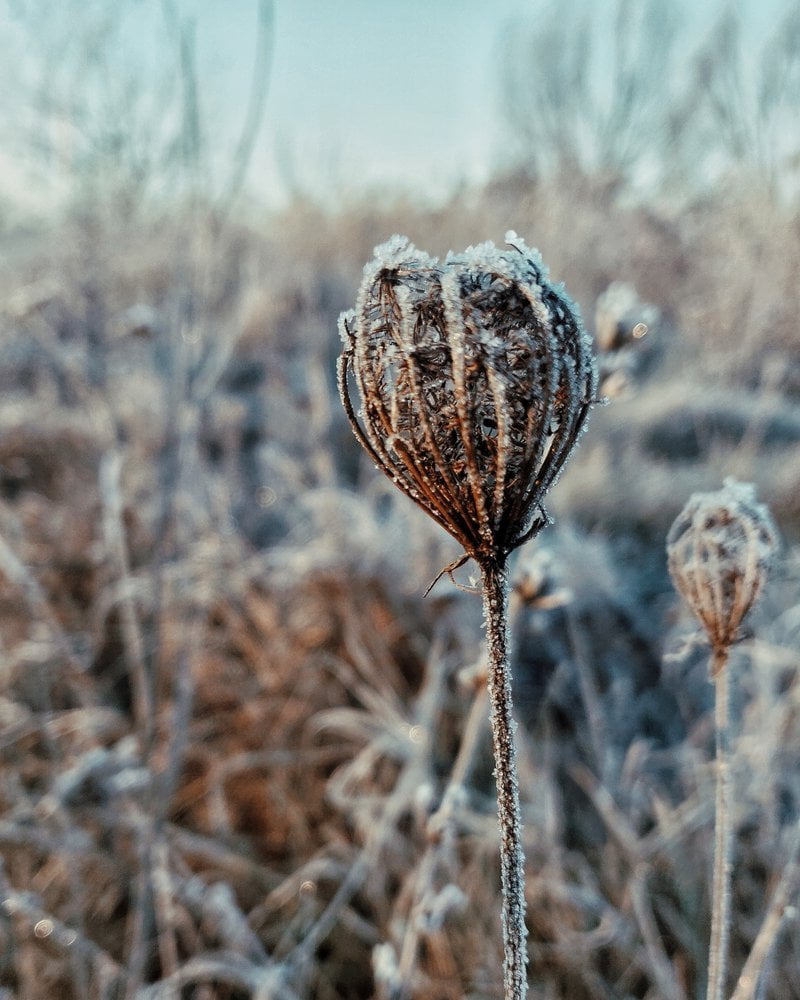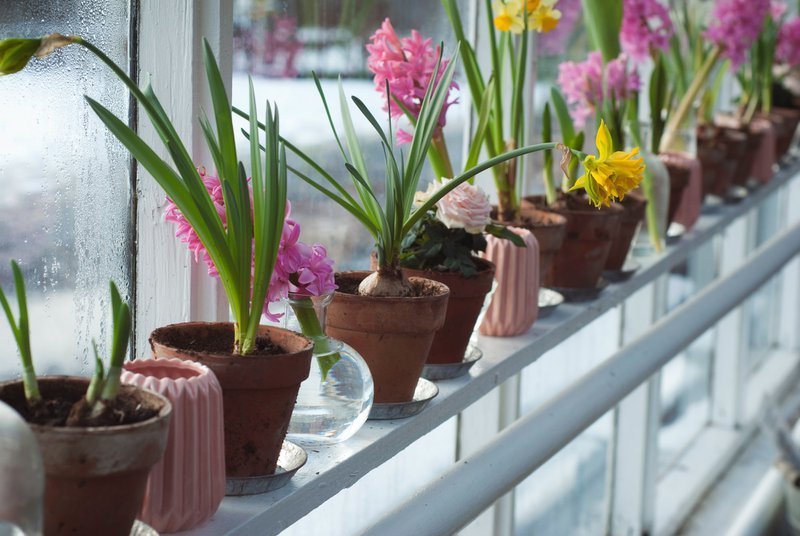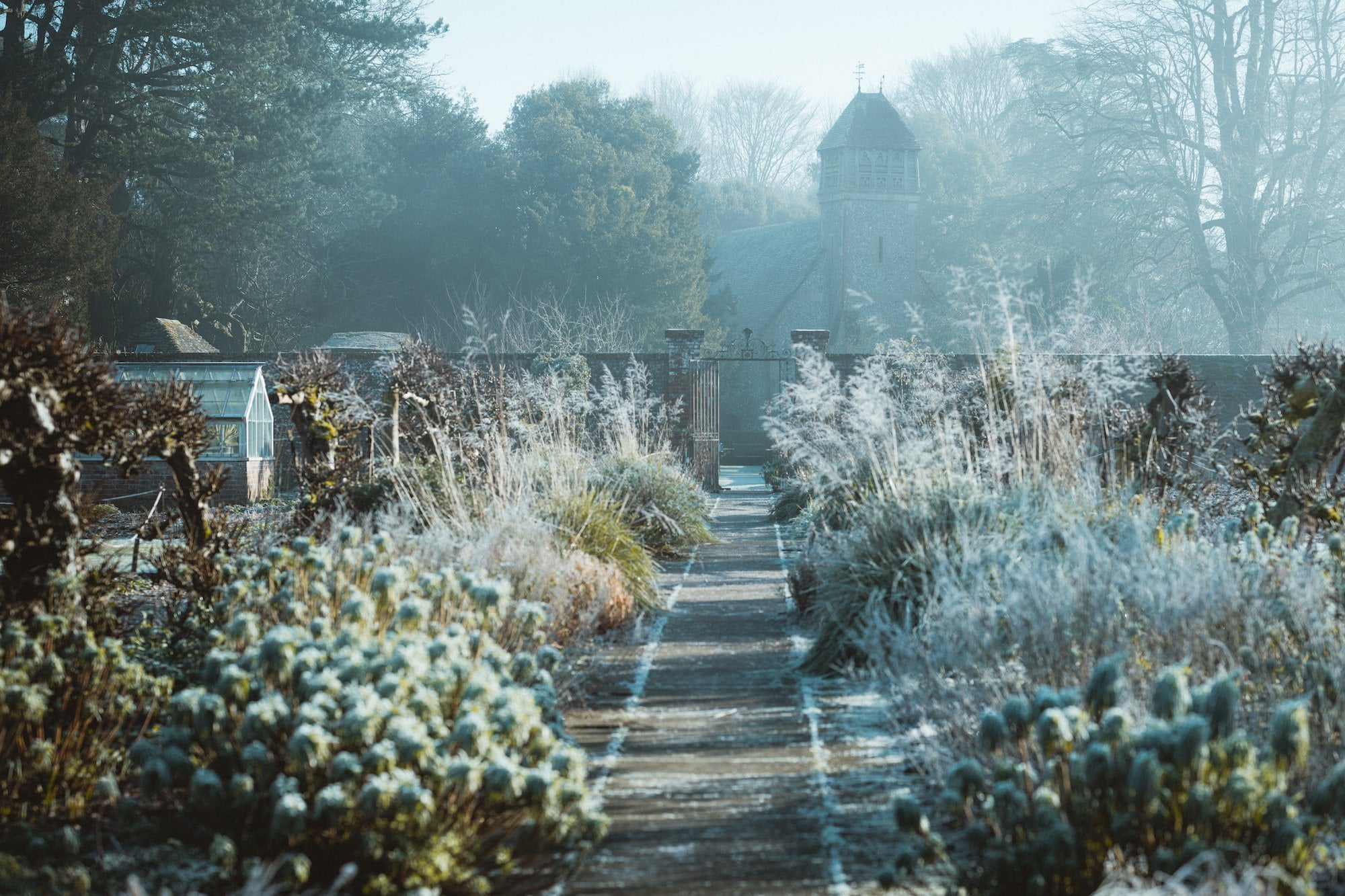With the onset of the colder seasons, it's important to take the steps necessary to keep your home in top condition for the winter. If you don't prepare your property for the winter, then you may face damage and problems when spring comes in. In the process of preparing your property for the winter months, you should not neglect the process of winterizing your garden. Your garden also needs to be prepared for the winter to ensure that it's ready for planting in the spring.
What Does Winterizing Your Garden Mean?

Winterizing your garden means taking steps to protect plants and soil from cold temperatures. There are several steps to doing this, which will be outlined below. Fortunately, winterizing your garden is an easy process, which helps maintain the condition of your garden.
Why Should You Winterize Your Garden?
Winterizing your garden is a form of garden care that helps keep your garden in top condition, ensuring a beautiful planting season when spring comes around. Taking the time to winterize your garden is important for a number of reasons.
It ensures that your plants are well-protected from the cold temperatures and frost during the winter months and it also allows you to store any plants that may not be able to survive in colder conditions so they can be replanted in the spring.
In addition, by taking steps to winterize your garden, such as removing debris and dead foliage, you can help control the spread of pests and diseases in your garden.
How Do You Winterize Your Garden?

While it may seem overwhelming at first, winterizing your garden is relatively simple and gets easier the more you get used to the process.
Remove Annual Plants
If you have any annual plants, this is the best time to remove them, especially if you know that they won't be returning during the spring. Take this time to clean up any plant debris that can invite pests and bacteria that can build up during the winter.
Prune Excess Growth and Trim Back Perennials
Once you've removed any annual plants, it's time to prune excess growth from your perennials and trim back any overgrown shrubs. This will help keep them healthy during the winter months and encourages new growth when spring arrives.
Mulch Around Plants and Your Beds
Another important step in winterizing your garden is to mulch around plants. This helps protect the plants from frost and temperature swings that can damage delicate root systems. Make sure to use organic material, such as leaves or grass clippings for the best results.
Mulching is also a great way to ensure that your soil and plants remain at a consistent temperature during the colder season and prevent premature growth and a freeze/thaw cycle that can affect your plant growth.
Bring In the Plants That Can't Handle the Weather, and Cover What You Can't

If you have any cold-sensitive plants, then you can bring them into your greenhouse or any other shelter to help protect them from the freezing temperatures.
Sensitive plants like bulbs and succulents can easily be shocked by the cold and die during the winter season, so they need adequate cover. However, for some gardens, this can be difficult to do because of how large some plants can get, so you should also take the time to cover the plants that you can't carry in.
You may also be establishing plants that may not be able to weather the cold and will need protection from the freezing temperatures. Since these cannot be brought in, providing them with adequate cover can help protect them. Materials like a large cloth sheet or landscape fabric can make for an effective cover for these types of plants during the winter.
Give Your Garden a Deep Watering
Finally, before winter sets in, make sure to give your garden a deep watering. This ensures that the plants and soil have enough moisture to survive through the winter months when there is usually less precipitation.
It is easy to assume that your garden does not need watering during the winter, but dryness can still affect your plants' health, even during the winter. Deep watering throughout the winter season helps prevent this.
Conclusion
Winterizing your garden is an important part of ensuring the health of your plants. By following these simple steps, you can help maintain the condition of your garden throughout the cooler months and get it ready for a bountiful spring season. So take some time to get your garden winter-ready and enjoy the fruits of your labor come springtime.
If you’re looking for help with winterizing your garden or keeping your garden and lawn in great condition, Glover Landscapes is the solution for your needs. Our range of landscaping services will ensure that your home’s exterior always looks great and stays healthy. Give us a call at (404) 510-6437 and let’s talk today!


